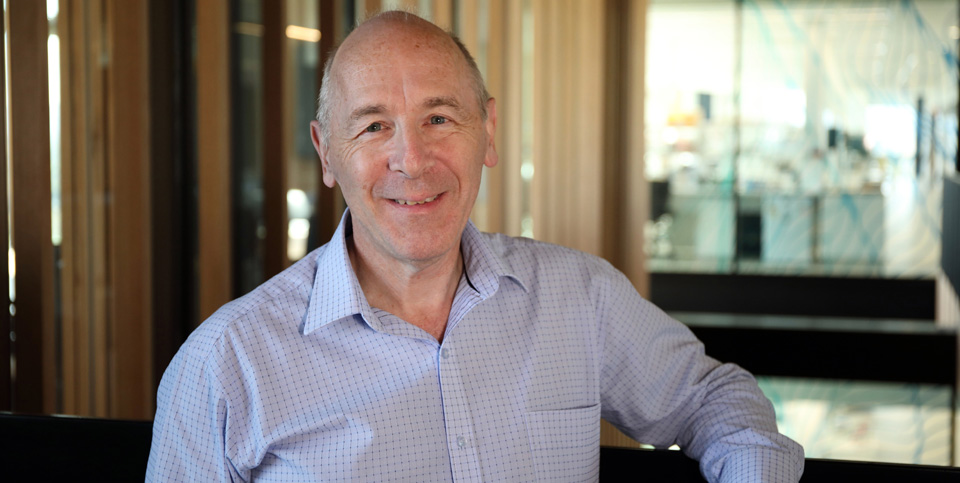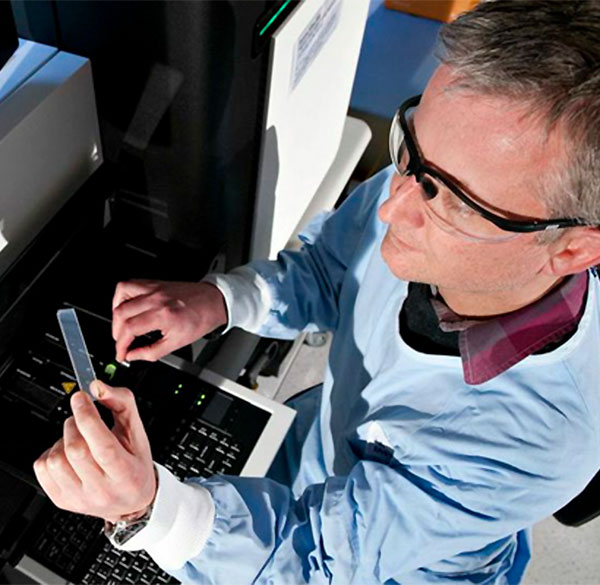
Professor Ian Olver AM leads a research group at UniSA that is seeking to better understand how people experience cancer, treatment and life after a diagnosis. They have developed important tools to help cancer patients and survivors navigate the psychological impact of their disease.
“This research program has a specific goal of developing tools to improve the lives of people who have had a cancer diagnosis,” says Professor Ian Olver AM, Professor of Translational Cancer Research and Head of the Psychosocial Oncology Research Group.
“We explore the different ways that cancer and treatment can reduce quality of life for patients and survivors. This includes the physical experiences as well as the social, emotional and spiritual wellbeing of these individuals.”
Clinical Psychologist and Behavioural Scientist Dr Kate Fennell is leading one area of work in this sphere, which is designed to improve the experiences of country based cancer patients.
“People who live in rural and remote areas have extra challenges when managing a cancer diagnosis,” says Dr Fennell.
“Our work to understand the unique experiences of cancer patients and survivors is leading to a more holistic approach to the care of their psychological, social and physical needs.”
“We know that people who live in remote or very remote areas of Australia are 35% more likely to die within five years of their cancer diagnosis than people living in urban areas. So our research is focused on finding out why these differences exist and how these outcomes can be improved for this disadvantaged group.”
Dr Fennell’s work also involves the development of online resources that are tailored to country dwellers, including: a series of personal experience videos for Rural Cancer Voices; the Cancer Council SA Country Cancer Support information website; and ifarmwell, an online self-management tool to help Australian farmers cope with events beyond their control.
The team is also exploring many other facets of the cancer patient and survivor experience including: improving cognitive function and ongoing nausea after treatment; the importance of spiritual wellbeing on state of mind; improving the outcomes of adolescents and young adults by helping them take their oral chemotherapy as prescribed using a text-message based intervention.
To join UniSA’s fight against cancer and support researchers including Professor Ian Olver, visit unisa.edu.au/jointhefight.

When you give today, 100% of your donation will go directly to the researchers - with no admin fees or hidden costs.
The University of South Australia (UniSA) is committed to tackling one of our most challenging diseases – cancer – by establishing the largest cohort of cancer researchers ever assembled in South Australia. Every day our experts are getting one-step closer to saving more lives as well as improving the quality of life for cancer survivors. But they need your help.
